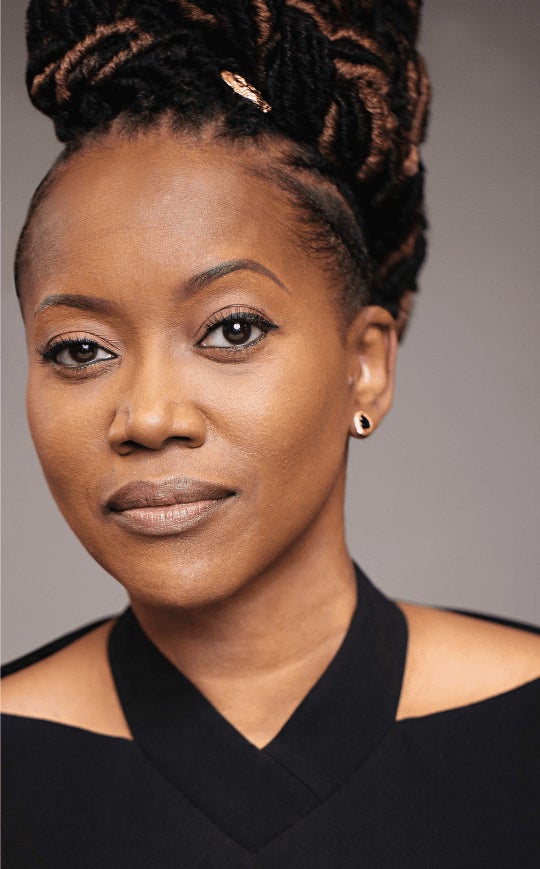Livingstone College hosting national reparations debate
Published 12:08 am Thursday, March 16, 2023
Livingstone College wire service
SALISBURY — The national debate over the efficacy of national reparations for descendants of enslaved Blacks is coming to Salisbury.
Erika Alexander, who played attorney Maxine Shaw on the TV show “Living Single” will be on the campus of Livingstone College on Monday for the debate.
Alexander co-directed her first film, “The Big Payback,” which is a documentary that follows Alderman Robin Rue Simmons and her pursuit to pass the first government-funded reparations program in Evanston, Illinois.
Meanwhile, U.S. Rep. Sheila Jackson Lee faces a 30-year uphill battle to pass HR40, a national bill to study reparations and make recommendations. Both women are met with racism, historical resistance and assistance from allies and abolitionists.
Alexander and Whitney Dow, co-founders of Color Farm Media, are the team behind the documentary and are partnering with historically black colleges and universities (HBCUs) to hold a series of National Reparations Debates inspired by the 1965 James Baldwin and William Buckley debate.
The initiative’s first phase incorporates 10 HBCUs in North Carolina, with Livingstone College being the second occurrence. The program will be held from 6-8 p.m. in the Tubman Little Theater, located on the campus at 701 W. Monroe St., Salisbury.
“Students will use spoken word and rap battles to debate for or against reparations,” said Nailah McDowell, the Livingstone College connect coordinator and sociology instructor.
In preparation for the Monday program, the documentary will be shown twice this week on campus. The film debuted at the Tribeca Film Festival in front of a packed house at the Apollo Theater in Harlem on Juneteenth of last year and nationwide on PBS on Dr. Martin Luther King Jr. Day in January.
Color Farm Media is partnering with Ben & Jerry’s, who will serve a unique flavor called “Reparations Now! Root Beer Floats” in honor of “The Big Payback.”
“Reparations is the making of amends for a wrong one has done by paying money to, (therefore) helping, those who have been wronged,” Alexander said in one interview. “Or compensation paid by a defeated state. That’s really what it is. In this sense, it’s reparations for the descendants of the enslaved Africans and their descendants by the U.S. government for harm, not only from slavery but from Jim Crow policies, legislation, (and) all these things that have been interred in the American fabric.”
Dow added, “It’s repairing the relationship between Black and white Americans. It also means repairing white people. As a white person, I believe you’re living in a state of cognitive dissonance where you are trying to manage this story that you’ve told about yourself, which has some holes in it. It’s really hard to keep holding that in play, so I think that part of the repair is also for the white community to repair.”






